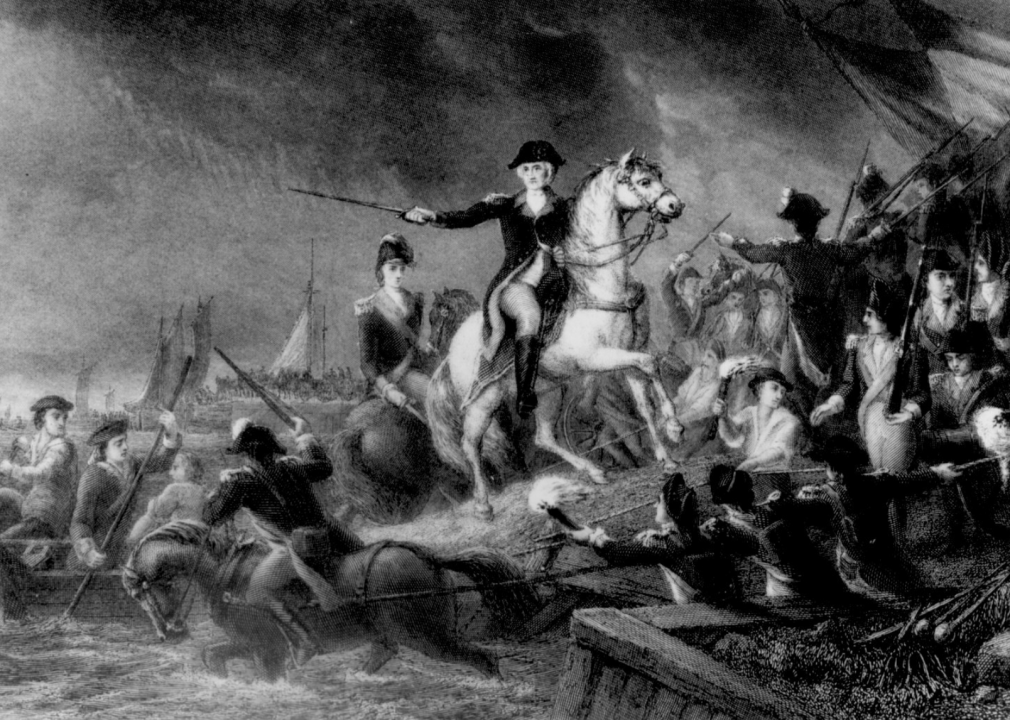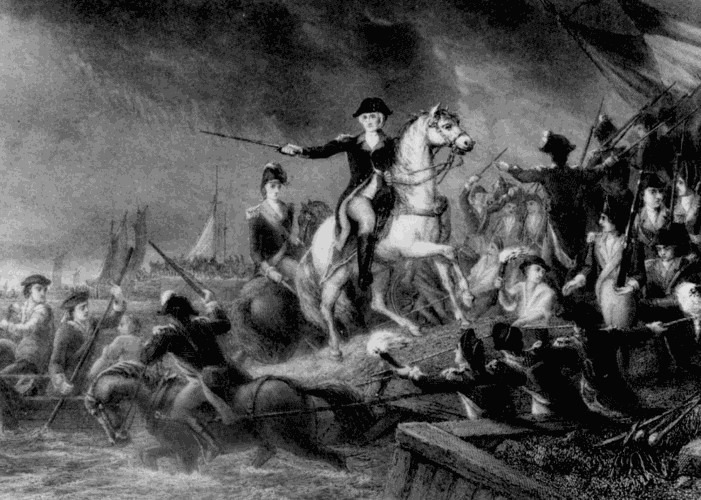Unquestionably it was a foundational document for America, calling for unity against Great Britain in the struggle for liberty.
It was brutally practical but also aspirational, calling to remembrance those who had already sacrificed life and limb for the cause of “country and mankind.” And of course it was dated July 4th … 1775.
No, I don’t mean the revered Declaration of Independence that followed twelve months later. I refer to a lesser known, but still vital, text of the Revolution: General George Washington’s General Orders of 4 July, 1775.
As we get ready for cookouts and fireworks, and for the nation’s semi-quincentennial next year, let’s stop to consider this fascinating document on its 250th birthday.
Earlier in 1775, hostilities had opened between the uppity colonists and their imperial British overlords at Lexington and Concord. Since then, small skirmishes and significant battles had marked the growing rebellion, still centered around Boston.
People are also reading…
The Second Continental Congress, had responded by establishing a Continental Army, and appointed the Virginian George Washington to command. But by summer it existed primarily on paper; only Massachusetts militiamen, and a few from other New England colonies, were yet opposing the British.
Washington arrived in Massachusetts July 2 to take command. An experienced soldier and officer, Washington knew his first order of business had to be organizing the ragtag militia into an actual army. Accordingly he issued some General Orders to his men on the 4th, naturally unaware the significance that date would assume a year later.
Washington’s General Orders dealt primarily with mundane matters in a seeming random order (you can find the full text ). Quartermasters were to keep careful stock of all stores: “powder, lead, working tools of all kinds, tents, kettles,” etc. Regimental commanders were to report the number of blankets needed by their units, and provide straw for bedding. Officers were further required to attend to matters of personal hygiene among the men, instructing them in “the necessity of cleanliness, as essential to their health and service.”
Nor had the general been impressed with sanitation within the camps. “Necessaries” (outhouses) were to be provided sufficient for the soldiers, and “frequently filled up to prevent their being offensive and unhealthy.”
Four men were named as major generals, so appointed by Congress, and other lower officers were commissioned. But a certain quartermaster was to face court martial for “drawing out provisions for more men than [his] regiment consisted of” — Washington knew there would be shortages in his army’s future should such practices continue.
Always a scrupulously moral and religious man, Washington also mandated good behavior from his men. “The General most earnestly requires, and expects, a due observance of those articles of war, established for the government of the army, which forbid profane cursing, swearing and drunkenness; And in like manner requires and expects, of all officers, and soldiers … a punctual attendance on divine service, to implore the blessings of heaven upon the means used for our safety and defense.”
The night before, a Col. Thomas Gardner had died, after suffering a mortal wound at the prior battle of Bunker Hill. Washington ordered Gardner’s regiment to attend his funeral to support “the military honors due to so brave and gallant and officer, who fought, bled and died in the cause of his country.” Washington also instinctively knew an effective army was one that honored its heroes.
There was one curious addition: No one was to go “a-fishing” at a certain pond lest he “introduce the smallpox into the army.” Washington, of course, had no thought that fishing leads to smallpox. The explanation is more simple: there was an infirmary near that pond for smallpox victims, and healthy men trying to catch dinner could be exposed. Chances are smallpox seldom enters your mind; but for the Continental Army such an epidemic could prove disastrous and even doom the rebellion to defeat.
Nowhere in the General Orders is a desire for independence from Great Britain expressed. Not yet.
At this point in 1775 the goal of the rebellion was still to gain respect for the rights of the colonists as English subjects. But of course, much would change over the subsequent year. By July 4, 1776, a much more eloquent and influential document would express the desire for the colonies to be free and independent.
That goal would take years and, of course, an effective, organized, dedicated, well-led army. George Washington was already laying the groundwork for victory, and we remain the beneficiaries of his greatness.
















